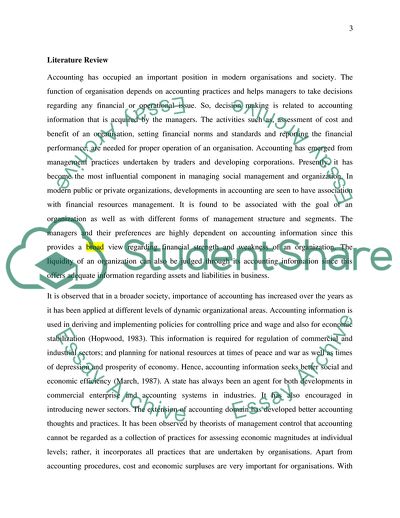Cite this document
(The Role of Accounting Information in Decision-Making Processes Literature review, n.d.)
The Role of Accounting Information in Decision-Making Processes Literature review. https://studentshare.org/finance-accounting/1818342-the-role-of-accounting-information-in-decision-making-processes
The Role of Accounting Information in Decision-Making Processes Literature review. https://studentshare.org/finance-accounting/1818342-the-role-of-accounting-information-in-decision-making-processes
(The Role of Accounting Information in Decision-Making Processes Literature Review)
The Role of Accounting Information in Decision-Making Processes Literature Review. https://studentshare.org/finance-accounting/1818342-the-role-of-accounting-information-in-decision-making-processes.
The Role of Accounting Information in Decision-Making Processes Literature Review. https://studentshare.org/finance-accounting/1818342-the-role-of-accounting-information-in-decision-making-processes.
“The Role of Accounting Information in Decision-Making Processes Literature Review”. https://studentshare.org/finance-accounting/1818342-the-role-of-accounting-information-in-decision-making-processes.


